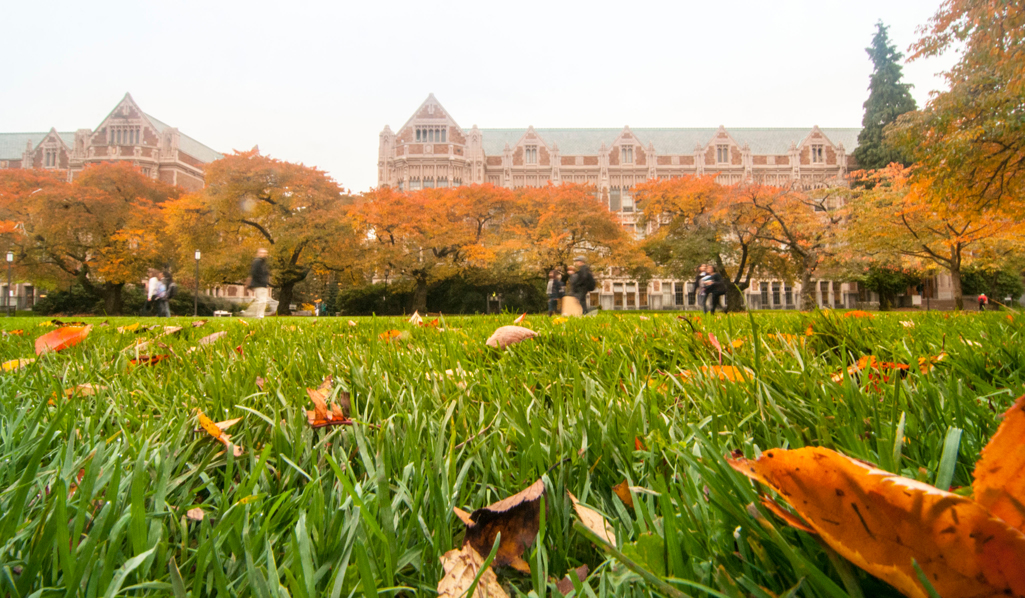Welcome to The Rea Lab Website!


Why do most species age? Can the process be slowed, stopped or even reversed? Sounds utopic but in some species aging is negligible! In these organisms evolution has naturally discovered genetic and metabolic states that are aging-resistant. Research over the last three decades has shown that the lifespan of many model organisms can be extended through genetic, dietary, environmental and even pharmacological intervention. Our laboratory utilizes multiple approaches to study the fundamental mechanisms of aging. We employ a variety of model organisms including the microscopic nematode Caenorhabditis elegans, mice and the single celled yeast Saccharomyces cerevisiae to determine the genetic and biochemical determinants of aging. We also use in silico tools to study aging, including models of metabolism and, most recently, artificial intelligence. Our studies are helping us to understand why aging both exists and ways to slow its progress. Ultimately, our desire is to translate our findings to people so that we can increase the time all of us spend healthy, happy and wise, as we grow chronologically older. The Rea Lab is located in the Department of Pathology at the University of Washington School of Medicine. Follow the links if you are interested in learning more about our work. You can also find the Rea Lab on Twitter.
We are focused on understanding the molecular basis of aging, extending healthy lifespan, and preventing age-related diseases. Students and post-doctoral fellows, if are you looking for an exciting research experience to contribute to medical science, gain practical- and critical thinking skills, and to contribute to the scientific literature, then contact us. Send us a short description of your motivation, a copy of your CV (including contacts for two references) and a recent academic transcript. If you are an undergraduate student and would like to undertake volunteer research in the lab please also contact us to see if a position is available. We are also a collaborative bunch and welcome other laboratories to contact us regarding possible projects to work on together. We especially encourage our colleagues from fields not immediately allied with aging to contact us. The interface of disciplines is often where the action happens!
